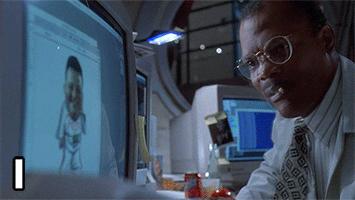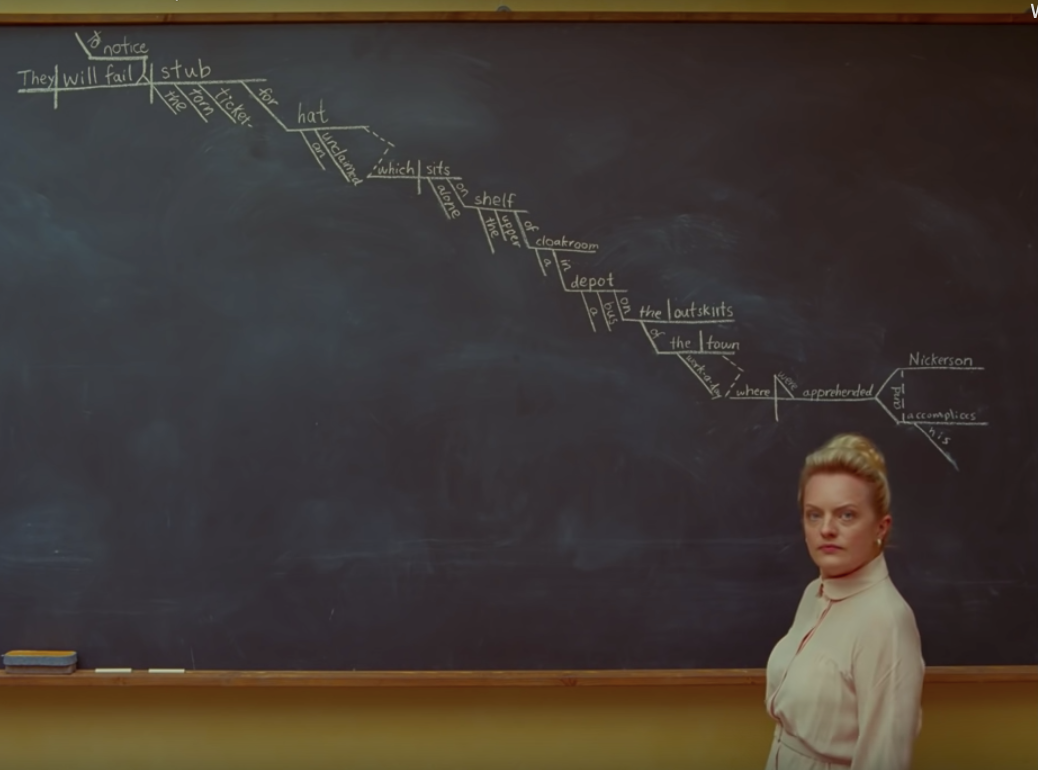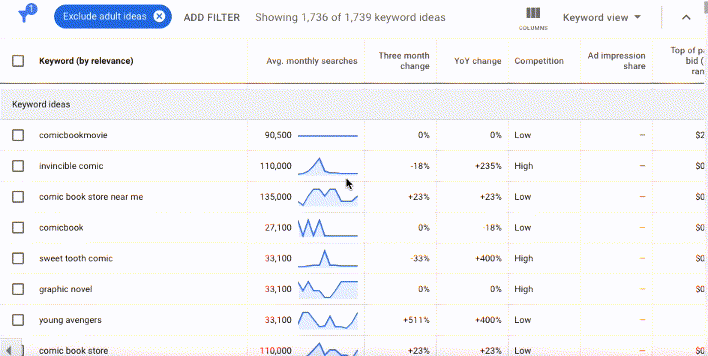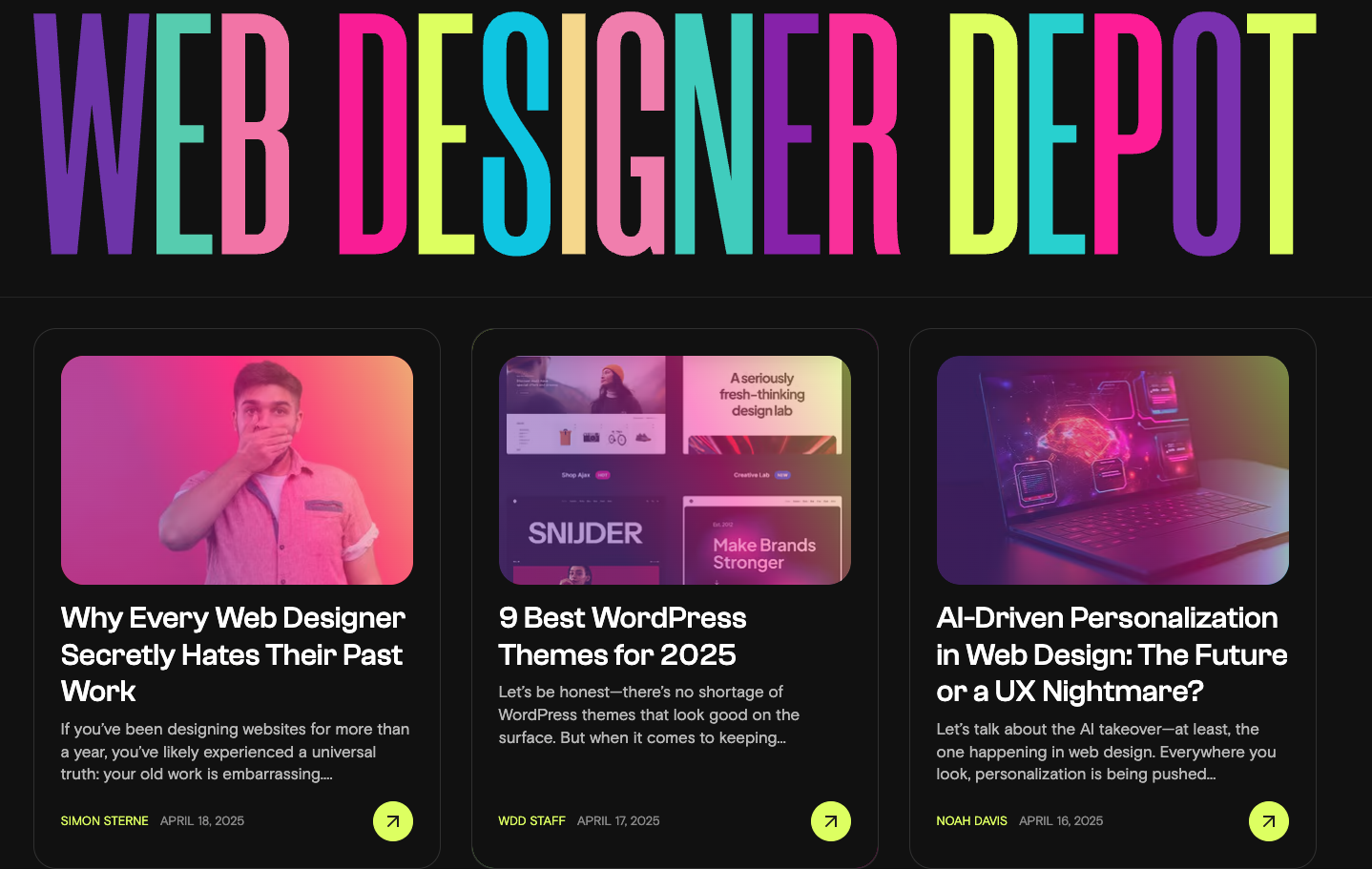This essay originally appeared in the August 8, 2019 issue of The Content Technologist with the email subject line "Our Hacking Days are Over" and a review of interactive software Ceros.
Last week I linked to a story about Chase using AI technology Perado, which produced some ads that performed better than humans’. Mostly cool! One of my writing-focused Slack groups called out this statement from Perado’s CEO:
“To the creative community, the marketing community, this brings accountability and data-driven insight,” he says. “If you go to any marketing creative out there and you ask, ‘How did you come up with that, why did you use that word and not that word,’ they cannot actually answer.”
Hoo boy. That reminds me of the kid in high school English who argued that maybe Shakespeare really wasn’t intentionally putting his words and his stories together that way. Or the folks who insist that the green light in The Great Gatsby is definitely just an accidental choice. And the people who somehow read The Yellow Wallpaper and thought it was a story about interior decorating. As if great writers just happen upon brilliance. As if you can hack your way out of the work of writing.
Again, if I meet a writer who actually enjoys iterating on Google Ads copy ad nauseam, I’ll be shocked. We can all agree that in this instance, the AI-generated ad copy in the Chase example was better than the human-generated copy. My issue is the tech CEO thinking he can hack his way out of working with writers. What working writers can’t explain why they chose the words they did?
The answer: underpaid hacks.

Most of us have been an overworked, underpaid hack at some point. Writers who enjoy their creative work are happy to explain the nuances of every creative choice. Professional creators will bore you to tears with their explanations because they are so happy you finally asked.
Great content creators know why they chose every detail. So how do we change views of business leaders with the perception that we don’t know what we’re doing? As creators we have to foster these conversations about new technology, rather than dismissing them. Some suggestions for (understandably) reticent creatives:
- Embrace innovations that help you do your job better. Give new tools and technologies a chance. Use data! All the time! The purpose of most AI is to take away the boring content stuff to allow you to be creative. Demonstrating that you’re knowledgable about new tech will cultivate better conversations in the future.
- Be aware of how and when others hear the stories of your process. Put your creative process stories in front of leaders… and read their reactions. Throw some business value in your explanations. Make it clear you have a good reason for telling your story.
- Open your work self to iteration and collaboration. There are no auteurs in the content mines. Your brain alone is likely not going to drive any results. If the work you’ve created is not usable, come up with more. Ask for help. Find ways to be creative that aren’t owning every sentence. Own the idea; collaborate on the craft.
Remember: It’s not a writers vs. AI argument. There’s a wide world of content out there for someone who is willing to try something new.
Hand-picked related articles








